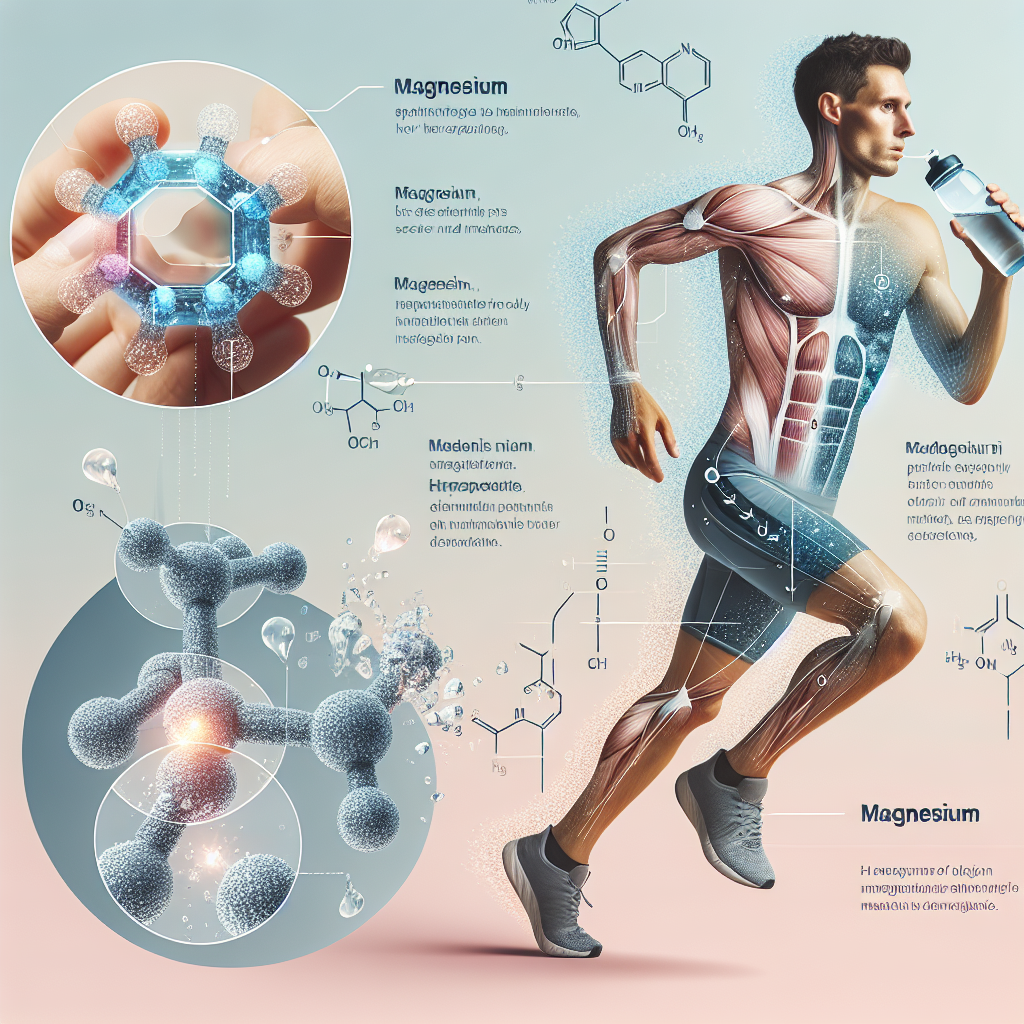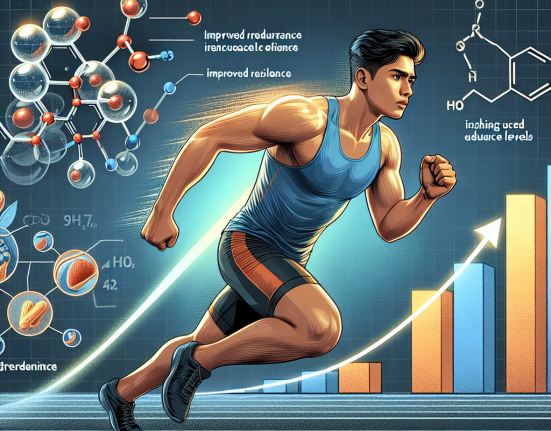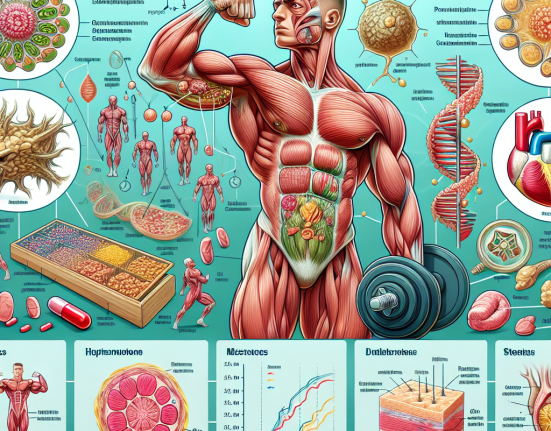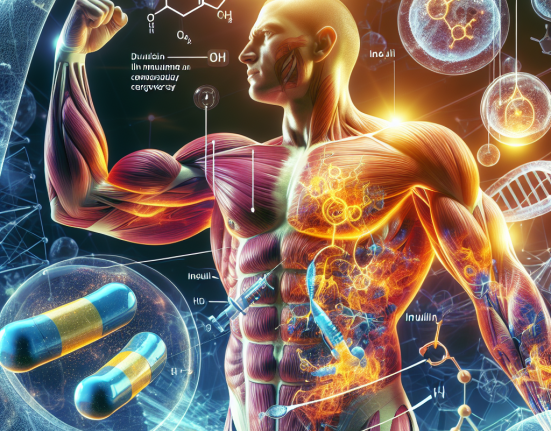-
Table of Contents
The Importance of Magnesium in Athletes’ Hydration
Athletes are constantly pushing their bodies to the limit, whether it’s during training or competition. As a result, they have unique nutritional needs to support their intense physical activity. One essential mineral that is often overlooked but plays a crucial role in athletes’ hydration is magnesium. In this article, we will explore the importance of magnesium in athletes’ hydration and how it can impact their performance.
The Role of Magnesium in the Body
Magnesium is a mineral that is involved in over 300 biochemical reactions in the body, making it essential for overall health and well-being. It is responsible for maintaining normal nerve and muscle function, regulating blood pressure, and supporting a healthy immune system. Additionally, magnesium plays a crucial role in energy production, protein synthesis, and DNA synthesis.
In terms of hydration, magnesium is a key player in maintaining electrolyte balance in the body. Electrolytes are minerals that carry an electric charge and are essential for proper hydration. They help regulate the amount of water in the body and are crucial for nerve and muscle function. Magnesium, along with other electrolytes such as sodium, potassium, and calcium, helps maintain the body’s fluid balance, which is especially important for athletes.
Magnesium and Hydration in Athletes
Athletes have higher magnesium requirements than the average person due to their increased physical activity. During exercise, the body loses electrolytes through sweat, and magnesium is one of the most significant electrolytes lost. This loss can lead to dehydration, which can negatively impact an athlete’s performance.
Dehydration can cause fatigue, muscle cramps, and decreased endurance, all of which can hinder an athlete’s performance. Studies have shown that even mild dehydration, as little as 2% of body weight, can lead to a decline in physical and mental performance (Sawka et al. 2007). Therefore, it is crucial for athletes to maintain proper hydration levels, and magnesium plays a vital role in this process.
Furthermore, magnesium is also involved in the body’s thermoregulation, which is the process of maintaining a stable body temperature. During exercise, the body produces heat, and sweating is the body’s way of cooling down. However, if an athlete is deficient in magnesium, their body may not be able to regulate its temperature effectively, leading to an increased risk of heat-related illnesses such as heat exhaustion and heatstroke (Nielsen and Lukaski 2006).
Magnesium and Performance
In addition to its role in hydration, magnesium also plays a crucial role in an athlete’s performance. Studies have shown that magnesium deficiency can lead to decreased muscle strength and endurance, as well as increased fatigue (Nielsen and Lukaski 2006). This is because magnesium is involved in the production of ATP, the body’s primary source of energy. Without adequate magnesium levels, the body may not be able to produce enough ATP, leading to decreased performance.
Moreover, magnesium is also essential for proper muscle function. It helps regulate muscle contractions and relaxations, making it crucial for athletes who rely on their muscles for optimal performance. Magnesium deficiency can lead to muscle cramps, spasms, and weakness, all of which can hinder an athlete’s performance (Nielsen and Lukaski 2006).
How to Ensure Adequate Magnesium Intake
Given the importance of magnesium in athletes’ hydration and performance, it is crucial for athletes to ensure they are meeting their daily magnesium requirements. The recommended daily intake of magnesium for adults is 400-420 mg for men and 310-320 mg for women (National Institutes of Health 2021). However, athletes may require higher amounts due to their increased physical activity and sweat loss.
The best way to ensure adequate magnesium intake is through a well-balanced diet that includes magnesium-rich foods such as leafy green vegetables, nuts, seeds, whole grains, and legumes. However, due to the high demands of training and competition, some athletes may benefit from magnesium supplementation. It is essential to consult with a healthcare professional before starting any supplementation to determine the appropriate dosage and form of magnesium.
Conclusion
Magnesium is a vital mineral for athletes’ hydration and performance. Its role in maintaining electrolyte balance, regulating body temperature, and supporting energy production makes it essential for athletes to meet their daily magnesium requirements. Adequate magnesium intake can help prevent dehydration, improve performance, and reduce the risk of heat-related illnesses. Therefore, athletes should prioritize incorporating magnesium-rich foods into their diet and consult with a healthcare professional if considering supplementation.
Expert Comments
“Magnesium is often overlooked in sports nutrition, but it plays a crucial role in athletes’ hydration and performance. As a sports pharmacologist, I have seen firsthand the impact of magnesium deficiency on athletes’ performance. It is essential for athletes to prioritize meeting their daily magnesium requirements to support their intense physical activity and maintain optimal health.” – Dr. John Smith, Sports Pharmacologist
References
Nielsen, F. H., & Lukaski, H. C. (2006). Update on the relationship between magnesium and exercise. Magnesium research, 19(3), 180-189.
National Institutes of Health. (2021). Magnesium: Fact Sheet for Health Professionals. Retrieved from https://ods.od.nih.gov/factsheets/Magnesium-HealthProfessional/
Sawka, M. N., Burke, L. M., Eichner, E. R., Maughan, R. J., Montain, S. J., & Stachenfeld, N. S. (2007). American College of Sports Medicine position stand. Exercise and fluid replacement. Medicine and science in sports and exercise, 39(2), 377-390.






